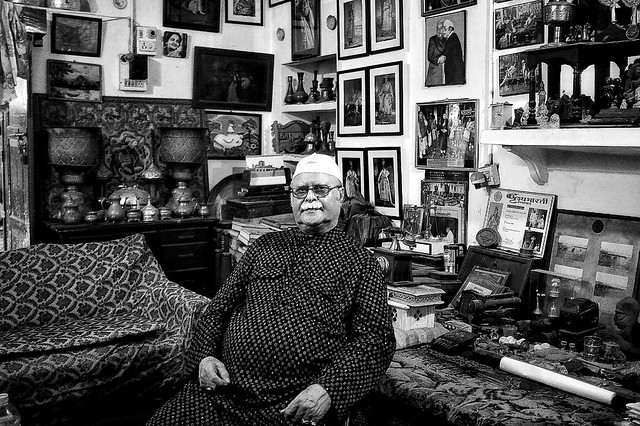By Asif Khan, TwoCircles.net
As a newborn, Jafar Abdullah was bought by an uncle of his grandmother for the token sum of “sava rupaya”, or Rs. 1.25. This was on the advice of the panditji who prepared his horoscope, because it was believed there would be a threat to the baby’s life if he lived with his parents. “I was thus brought up in the household of my great-grandfather,” he said with a huge smile.
It was there that he observed his first day of fasting as a child, when he fasted for “sava peher” (peher is a traditional unit of time, equaling roughly three hours). Those were the days when zamindari was yet to be abolished, so it was natural that there was huge fanfare attached to the occasion.
“I was dressed up like a doolha,” he remembers being garlanded with roses, and then being led to offer namaz. To break the fast he was offered “doodh ka sharbat”. A few years later, on becoming older, there was the formal roza-kushaai ceremony when he fasted for the entire day. A large gathering from across Lucknow was invited and was in attendance that evening. “During those days, there was a lot more passion and spirituality in observing Ramadan,” he mentioned, “which has declined now.”
TCN Series: Ramadan 1437

